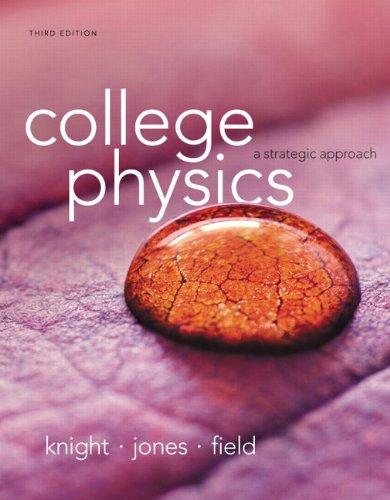Currents induced by rapid field changes in an MRI solenoid can, in some cases, heat tissues in
Question:
Currents induced by rapid field changes in an MRI solenoid can, in some cases, heat tissues in the body, but under normal circumstances the heating is small. We can do a quick estimate to show this. Consider the "loop" of muscle tissue shown in Figure P25.61. This might be muscle circling the bone of your arm or leg. Muscle tissue is not a great conductor, but current will pass through muscle and so we can consider this a conducting loop with a rather high resistance. Suppose the magnetic field along the axis of the loop drops from \(1.6 \mathrm{~T}\) to \(0 \mathrm{~T}\) in \(0.30 \mathrm{~s}\), as it might in an MRI solenoid.
a. How much energy is dissipated in the loop?
b. By how much will the temperature of the tissue increase? Assume that muscle tissue has resistivity \(13 \Omega \cdot \mathrm{m}\), density \(1.1 \times 10^{3} \mathrm{~kg} / \mathrm{m}^{3}\), and specific heat \(3600 \mathrm{~J} / \mathrm{kg} \cdot \mathrm{K}\).
Step by Step Answer:

College Physics A Strategic Approach
ISBN: 9780321907240
3rd Edition
Authors: Randall D. Knight, Brian Jones, Stuart Field





